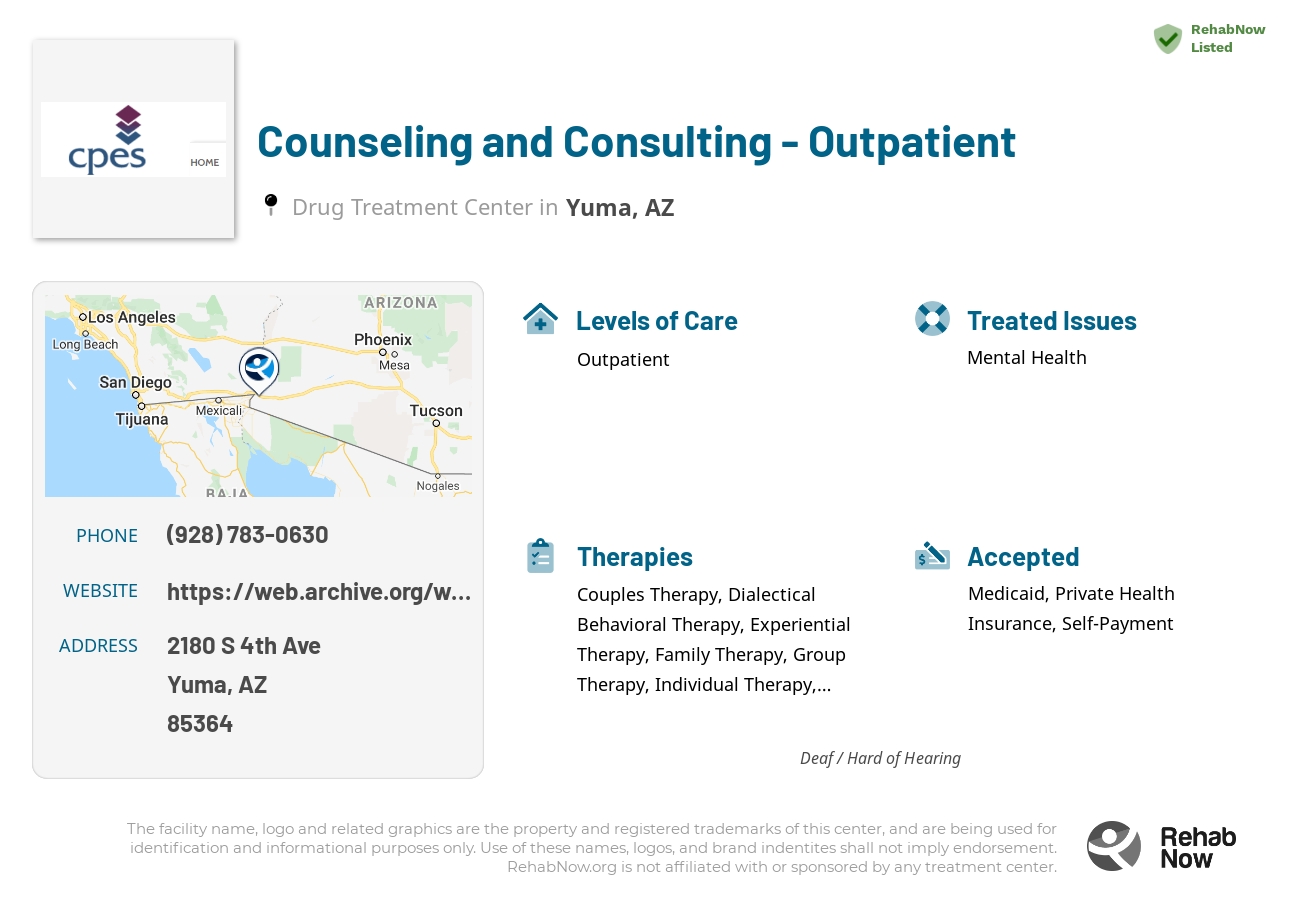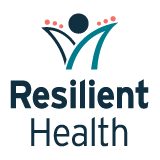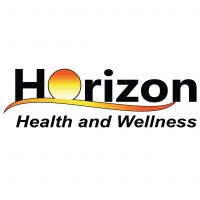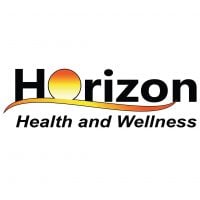Counseling and Consulting - Outpatient
Drug Rehab Center in Yuma, Arizona
Counseling and Consulting - Outpatient is a mental health practice in Yuma, Arizona that specializes in outpatient care and offers a variety of treatments, accepts private health insurance, and is dedicated to helping their patients achieve personal growth and well-being.
About Counseling and Consulting - Outpatient in Arizona
Counseling and Consulting - Outpatient is a mental health practice that has been serving the Yuma, Arizona area since 1980. This practice specializes in outpatient care, offering comprehensive treatments and therapies to help those dealing with mental health issues. They offer a variety of methods and treatments, including couples therapy, dialectical behavioral therapy (DBT), experiential therapy, family therapy, group therapy, individual therapy, nutrition therapy, trauma therapy, outpatient treatment (OP), and residential long term treatment for those dealing with mental health problems.
In addition to providing quality mental health care, Counseling and Consulting - Outpatient also accepts private health insurance for their services, making it easier for those in need of treatment to access quality care. The team at Counseling and Consulting - Outpatient is passionate about providing their patients with the highest quality mental health care possible, helping them to achieve personal growth, health, and well-being. They are dedicated to helping their patients find the best path forward towards a healthier life.
Genders
Ages
Modality
Additional
Conditions and Issues Treated
Levels of Care Offered
This center offers a variety of custom treatment tailored to individual recovery. Currently available are Outpatient, with additional therapies available as listed below.
Outpatient treatment is often used for drug addicts in drug rehab. Outpatient treatment consists of counseling and therapy sessions. This form of treatment is also called ‘day-treatment’. The outpatient treatment process begins with the addict’s initial detox period, lasting about ten days.
Outpatient treatment is used for those who are at moderate risk for ‘slipping back’ into the addiction, for those who:
- Are not currently experiencing any side effects from withdrawal and can handle social pressure
- Can handle stressors that might trigger relapse
- Have a stable living environment or have moved out of their previous environment, which was not conducive to being sober
- Have a support system that allows them to go to a facility a few times a week while still keeping their current responsibilities
- Have no legal obligations, being either on parole or probation, that require them to seek treatment at a mandatory facility
- Are not currently experiencing any side effects from withdrawal and can handle social pressure
- Have a stable living environment or have moved out of their previous environment, which was not conducive to being sober
Therapies & Programs
Because no single treatment is effective for all addicts, the goal of treatment and therapy should be to figure out what works best for each individual. Tolerance and withdrawal levels differ from person to person, affecting the treatment intensity required. Addiction treatment should aim to help addicts develop healthy coping mechanisms for dealing with their addiction and its underlying causes.
Couples therapy works with clients and significant others in a professional capacity to improve relationship dynamics. This can be helpful for addicts who are trying to marry the idea of recovery into their work, family, social lives – any aspect that has to do with relationships. Through counseling sessions, addicts will have an opportunity to talk about their addiction with professional partners.
Family therapy is beneficial for people who are in addiction treatment services because it offers addicts the opportunity to work with their family members to better understand what led them to make choices that contributed to their addiction.
This type of therapy helps family members reach a deeper understanding of how they can best support their loved one during recovery. It also helps the addict better understand their own motivations and triggers that led them to turn to substance abuse.
Family therapy can help addicts in the following ways:
- Assists family members in processing difficult feelings so they don’t blame or resent recovering addicts
- Assists family members in understanding how addiction has impacted the addict and everyone who is involved with them
- Allows the addict to take responsibility for their actions, while encouraging improved communication skills
- Helps family members understand how to best support an individual in recovery so addicts don’t relapse again.
Group therapy can help build a stronger support system and give addicts in Yuma, AZ insight into their addiction that they gain through shared conversations. Group therapy occurs in a controlled group environment, exclusive of one on one meetings. This makes it safer for patients to feel comfortable sharing the struggles they’re going through and gaining perspective.
Trauma therapy is beneficial for people who are recovering from drug addiction because it helps them heal from past traumas that may have caused them to turn to harmful substances or led them to experience negative emotions that contributed to their destructive behaviors.
This type of treatment works by processing difficult experiences so individuals can learn how to process these events without having to turn to substances for coping.
Trauma therapy can help addicts in the following ways:
- Helps individuals understand their experiences and emotional responses to difficult events, including why they turned to drugs or alcohol
- Provides them with comfort and support while working through difficult emotions related to these traumatic experiences
- Offers an opportunity for addicts to have a voice and be heard, which can improve their self-esteem
- Can help them develop coping skills so they can better respond to triggers instead of turning to substance abuse.
Dialectical Behavior Therapy (DBT) is a cognitive-behavioral therapy that helps patients understand the relationship between their thoughts, feelings, and behaviors. It is beneficial for those whose addictions and behaviors stem from severe mental health issues. The term “Dialectic” means the integration of opposites. In substance abuse, DBT refers to accepting the patient’s addiction and working to change their thoughts and behavior. It improves life skills such as controlling intense emotions without reacting impulsively, resolving interpersonal conflicts effectively, and promoting awareness about self and others.
It’s important to remember that malnutrition can affect your mood and energy level, which affects your desire to get sober. Good nutrition helps keep your body strong against the familiar ravages of drug use–tuberculosis, hepatitis, abscesses, infections, etc. — as well as the physical symptoms of withdrawal. If you’re eating right, you’ll have more energy for productive activities and will have more strength to fight cravings.
Nicotine Replacement Therapy (NRT) has many benefits for drug addicts who also choose to quit smoking. It is an effective technique at this treatment center that provides smokers with the nicotine they are addicted to without inhaling carcinogens from cigarettes to wean them off entirely. You can reduce your risk of heart disease and cancer, irritability, bone loss, stroke, type II diabetes, fertility in women, an enhanced sense of taste and smell.
Patient Experience
Experiential Therapy at Counseling and Consulting - Outpatient
Experiential therapy uses engaging activities to help patients access deeper, often hidden emotions. For example, the patient could role-play a problematic situation or engage in activities like drawing, painting, poetry writing, music composition, exercising, or journaling to help process intense feelings.
Experiential therapy is a type of therapeutic approach that focuses on having patients work through problems, issues, or emotions by engaging directly in some real experience. Experiential therapy occurs face-to-face with a therapist who helps these people to explore their feelings first hand.
It is based on the belief that to truly understand and gain insight into oneself and behavior; it is necessary and helpful to have real experiences with the issues involved. Some therapists have developed the experiential therapy approach as a way of treating addictive behaviors or dealing with impulses related to addiction. It comes from an existential school of psychotherapy called ‘experiential existential.’
Payment Options Accepted
For specific insurance or payment methods please contact us.
Is your insurance accepted?
Ask an expert, call (888) 674-0062
Additional Details
Specifics, location, and helpful extra information.
Yuma, Arizona 85364 Phone Number(928) 783-0630 Meta DetailsUpdated November 25, 2023
Staff Verified
Counseling and Consulting - Outpatient Patient Reviews
There are no reviews yet. Be the first one to write one.
Yuma, Arizona Addiction Information
Arizona has some of the highest rates of prescription drug abuse in the United States. Methamphetamines, heroin and morphine are among the most commonly abused substances. Prescription pain relievers were prescribed to 348 million people in 2012, enough to medicate every adult in Arizona for 2 full weeks. The number of people with substance use disorders in Arizona has remained relatively constant over the past few years.
Yuma, Arizona, has a total population of 75,832 people, and 18.8% (13,739) are below the poverty line. Marijuana is the most commonly used illegal drug in the city, with 9.1% of adults reporting current use. The high rates of illicit drug use and binge drinking are causing problems for individuals, families, and businesses in the area. There are several therapies available in rehab facilities, including individual therapy, group therapy, and family therapy.
Treatment in Nearby Cities
- Marana, AZ (199.1 mi.)
- Flagstaff, AZ (243.4 mi.)
- Maricopa, AZ (151.9 mi.)
- Ganado, AZ (358.1 mi.)
- Show Low, AZ (286.4 mi.)
Centers near Counseling and Consulting - Outpatient
The facility name, logo and brand are the property and registered trademarks of Counseling and Consulting - Outpatient, and are being used for identification and informational purposes only. Use of these names, logos and brands shall not imply endorsement. RehabNow.org is not affiliated with or sponsored by Counseling and Consulting - Outpatient.






